Founders in the life sciences inevitably reach a point where they must consider how to execute a complex product development phase. This could occur early or later in the development process, and each choice can affect the timing and requirements for later stages. It’s tempting to do everything yourself; however, thoughtfully considering outsourcing partners should be part of your strategy from day one. Our article this week reviews some essential points you should consider when planning your outsourcing strategy.
BONUS: I host a live chat in Substack every Friday at 9am PST. This is exclusive to my Substack subscribers! Questions? Don’t hesitate to reach out.
Why Outsource?
Outsourcing is a robust part of modern medical product development. If your company is virtual, almost all of the work you do will be done by service providers. Strategic outsourcing practices allow access to specialized services that can be expensive to establish and maintain as in-house departments. Service providers can sometimes start a new project quickly, reducing the time needed to produce data in a particular stage. A good relationship with a competent contract service provider is a cost-effective expansion of your project team.

What Can or Should You Outsource?
Every part of pharmaceutical and medical device development can be obtained through contract research with partners in the US. Most companies keep their core discovery research programs in-house because these are the key generators of intellectual property, and preserving patentability is vital. New technologies are challenging to outsource because there may be no providers with the required expertise or facilities. Development studies such as toxicology, metabolism, or early to late-phase clinical trials are most frequently outsourced in therapeutics. Design refinement and bench testing are services often outsourced for medical devices and diagnostics. Contract providers of software development and testing are widely in use by innovators of digital tools. Many startups plan to use a commercial manufacturing organization (CMO) to manufacture, label, and distribute their final product. We recommend carefully considering what critical technologies you need to control or develop yourselves to produce your product and then selecting outsourcing partners where the expertise and facilities are commercially available at a reasonable cost. Also, consider contract partners to expand and accelerate the timeline of your development program.

Who Should Be Your Partners
Trust is critical to a productive relationship with an outsourcing partner. We recommend starting early to develop relationships with personnel at future partners. Network with colleagues to discuss their outsourcing experience and recommendations. It can be useful to visit a potential partner well before the services are needed, to provide a sense of the operation, numbers for future budgeting, and to enable realistic comparison with other providers before the tyranny of a stage-gate requirement demands partner selection. Where a contract partner is contributing their IP in your development cycle, the agreement should include protections that assure your continued ability to produce the product as you expand. A thoughtful legal advisor can help you spot and address any issues with a potential arrangement.

Tips for Success When You Outsource
Excellent communication, starting before you sign an agreement, is essential for a successful sponsor-service provider relationship. Begin with extensive discussion and information sharing to establish the correct project scope. Ensure the contract includes an appropriate quality agreement per purchasing & vendor best practices. Quality agreements are a GLP, GCP, and GMP requirement; if your project is in these stages, review the agreement against appropriate guidance. Site visits and quality audits before, during, and after the project, along with regular email and telephone communication, will help you monitor project progress and respond to unexpected situations quickly. Project reports should be unambiguous. Request revision until an independent reviewer can understand the work because no one will remember what happened when in a few years. When problems and deviations occur, increase communication to ensure clarity and speed of resolution. Finally, provide quality feedback to your partner to help them recognize success and improve for the future.
Outsourcing is part of our modern world. However, not many appreciate how careful selection of and engagement with contract service partners is essential for the success of a life science startup. Rarely does the founding team have all the expertise and equipment necessary to complete all of the work required for regulatory submission. Adding contractors can be a way to control costs and extend the runway. Furthermore, using skilled and engaged partners can increase oversight of your product’s critical quality attributes. We encourage you to consider the points in this article to incorporate outsourcing into your company strategy early.

